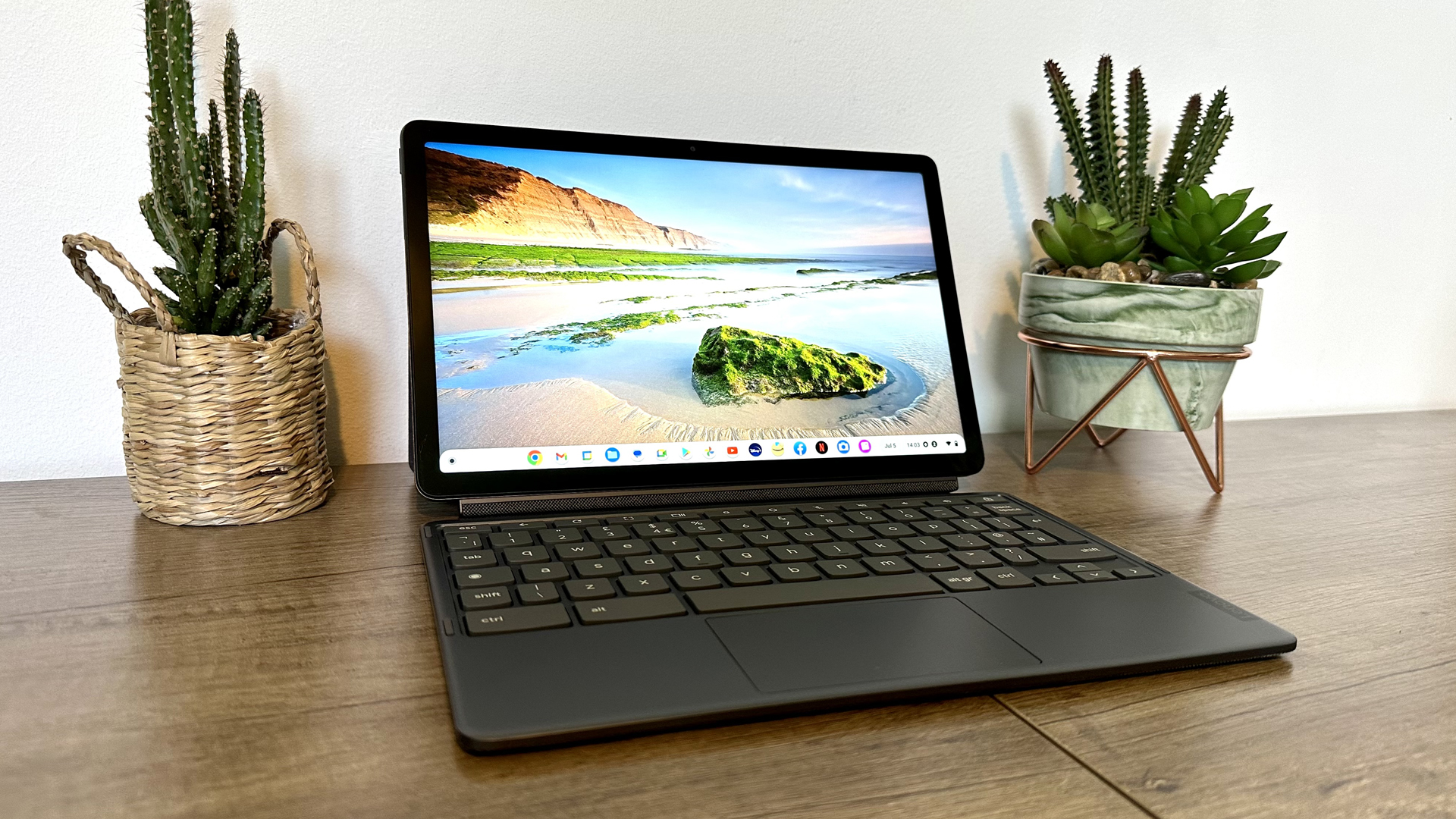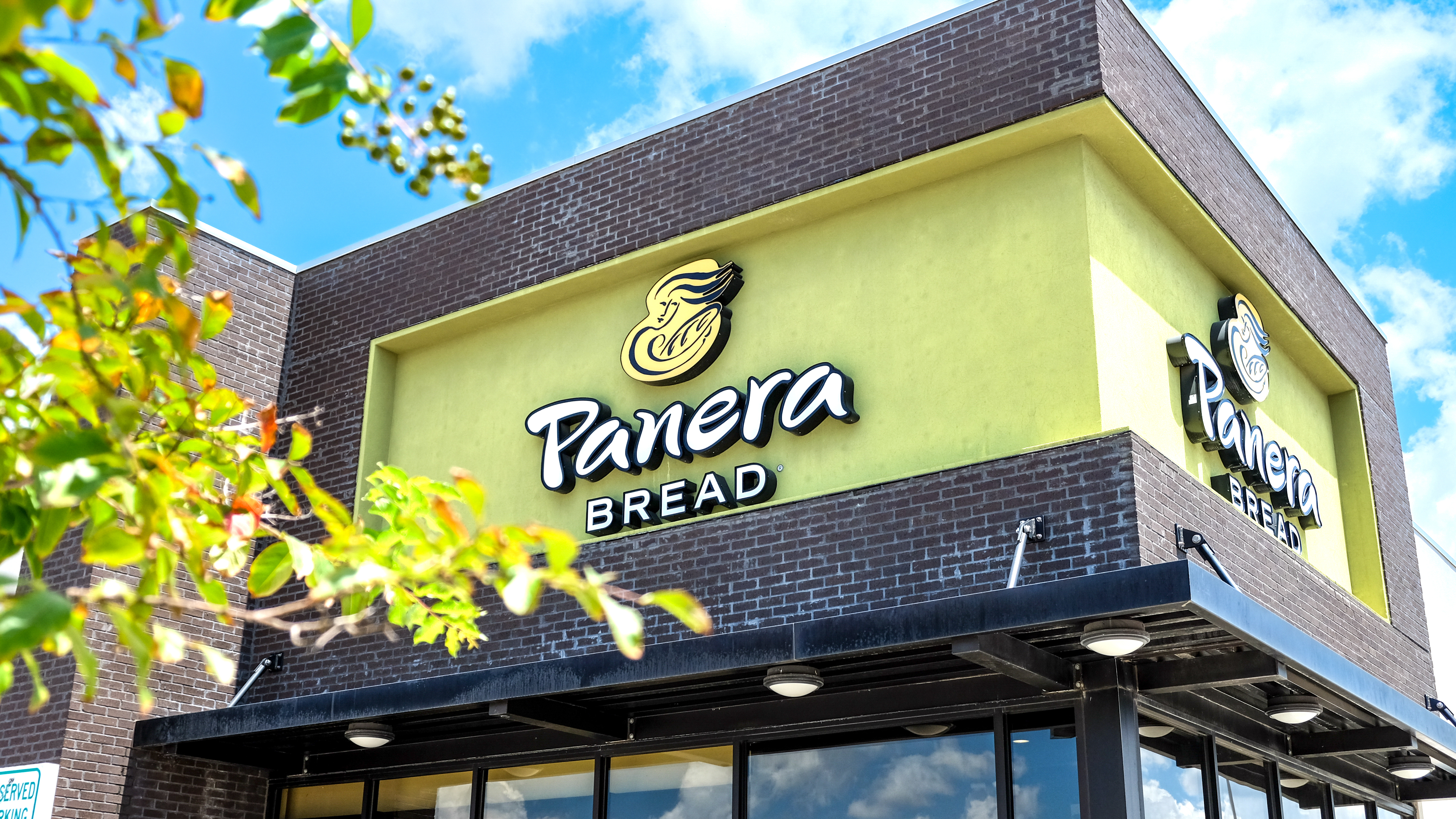Lenovo could be trying to kill the Chromebook with its own new Android OS
A new Android-powered operating system could usurp the company’s ChromeOS devices

Here at Tom’s Guide our expert editors are committed to bringing you the best news, reviews and guides to help you stay informed and ahead of the curve!
You are now subscribed
Your newsletter sign-up was successful
Want to add more newsletters?

Daily (Mon-Sun)
Tom's Guide Daily
Sign up to get the latest updates on all of your favorite content! From cutting-edge tech news and the hottest streaming buzz to unbeatable deals on the best products and in-depth reviews, we’ve got you covered.

Weekly on Thursday
Tom's AI Guide
Be AI savvy with your weekly newsletter summing up all the biggest AI news you need to know. Plus, analysis from our AI editor and tips on how to use the latest AI tools!

Weekly on Friday
Tom's iGuide
Unlock the vast world of Apple news straight to your inbox. With coverage on everything from exciting product launches to essential software updates, this is your go-to source for the latest updates on all the best Apple content.

Weekly on Monday
Tom's Streaming Guide
Our weekly newsletter is expertly crafted to immerse you in the world of streaming. Stay updated on the latest releases and our top recommendations across your favorite streaming platforms.
Join the club
Get full access to premium articles, exclusive features and a growing list of member rewards.
Lenovo is entering into a new venture that could end up leaving the future of Chromebooks looking about as bleak as that of the dodo’s.
The company, which currently makes some of the very best business laptops on the market, is set to launch a new lineup of services powered by a custom Android OS known as ‘Esper Foundation’.
Said Foundation is built around Android 11 tech, and will support quarterly security updates to maximize online safety, hopefully robust compatibility for peripherals and customizable branding.
The latter seems to be focused on the fact that some of these new Esper machines will be primarily designed for hospitality sectors. This was confirmed in an interview by Lenovo’s Johanny Payero, director of global advanced solutions for marketing and strategy (thanks, TechRadar). “Specific market segments we are targeting include retail and hospitality, as well as the digital signage appliances for these industries,” Payero told our sister site.
Lenovo’s first device that will run on the new Esper Foundation operating system is a PC called the ThinkCentre M70a — a machine that will feature a solid 12th Gen Intel Core i9 CPU, 512GB of SSD storage and 16GB of DDR4 RAM.
This will then be followed by further desktops, including the ThinkCentre M70q, ThinkCentre M90-1 IoT and Se30 v2 PCs, all of which should launch before the end of the year.
A potential ChromeOS slayer
With Lenovo seemingly betting at least part of the farm on these new Android-powered PCs, what does this mean for the company’s future in terms of Chromebook production? Currently, the firm is deeply embedded in that market, making some of the best Chromebooks around — including the excellent Lenovo Chromebook Duet 3.
Get instant access to breaking news, the hottest reviews, great deals and helpful tips.
In that same interview with TechRadar, Payero was keen to state his hope that Esper Foundation and its Android architecture would help Lenovo achieve increased success across different industries. “Dedicated devices are proliferating across several key industries, and our new joint solution with Esper allows us to deliver the best of Android with the consistency and predictability of Lenovo’s x86 devices.”
That doesn’t exactly sound great for the company’s continued support for traditional Chromebook hardware that often spans some of its best 2-in-1 laptops you can currently buy.
As someone who has never gotten along with ChromeOS, I won’t exactly be donning funeral gear if and when support for the platform starts to decline. I recently bought my technophobe mom the aforementioned Lenovo IdeaPad Duet 3, and the setup process wasn't exactly smooth.
As a hardcore Windows 11 user, I’ve always found ChromeOS to be somewhat baffling as an operating system. So if Lenovo has decided to focus more on new Android-based PCs and laptops going forward thanks to Esper Foundation, I won’t be shedding any tears.
More from Tom's Guide
- The best Chromebooks for students
- Lenovo Chromebook Duet 3 review
- Google unveils Chromebook Plus laptops with world-beating webcams

Dave is a computing editor at Tom’s Guide and covers everything from cutting edge laptops to ultrawide monitors. When he’s not worrying about dead pixels, Dave enjoys regularly rebuilding his PC for absolutely no reason at all. In a previous life, he worked as a video game journalist for 15 years, with bylines across GamesRadar+, PC Gamer and TechRadar. Despite owning a graphics card that costs roughly the same as your average used car, he still enjoys gaming on the go and is regularly glued to his Switch. Away from tech, most of Dave’s time is taken up by walking his husky, buying new TVs at an embarrassing rate and obsessing over his beloved Arsenal.
 Club Benefits
Club Benefits










